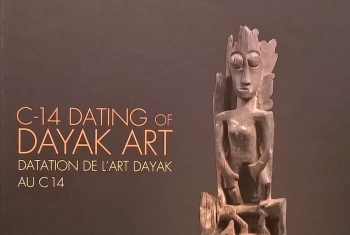
ARTIS program - Art Inspired Science
The ARTIS program aims to give WIS scientists space and tools to explore their science with artistic mediums under the guidance of leading figures from the Israeli art world. The goal is for each scientist to develop their own creative scientific thinking.
Operating Staff: PhD Student Julia Eva Fortmueller, PhD Student Alon Barshap, Prof. Atan Gross and Dr. Michal Lev
Guest Lecturers: Yossi Fine (Musician), Bosmat Nossan (Dancer), Shalom Simcha Elbert (Chef) and Dr. Michal Lev (Art-based Therapist)
Total Meetings: 10 Meetings
Total Participants: 15 participants














